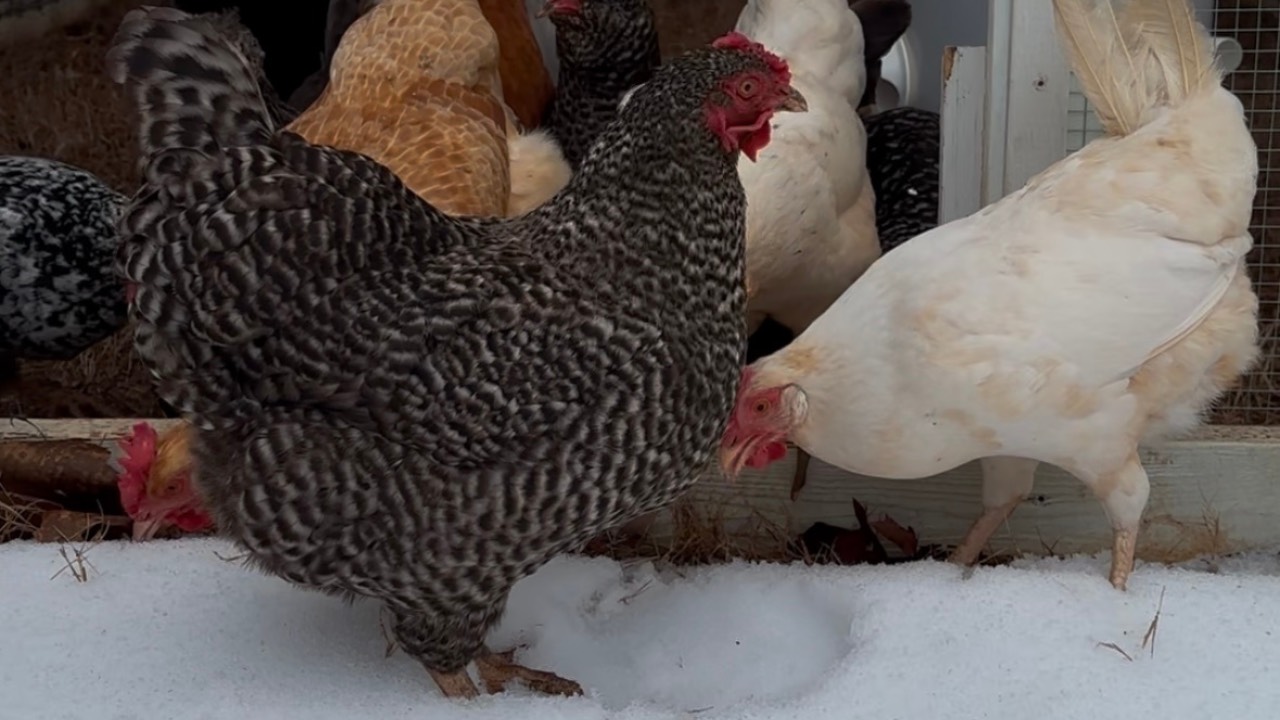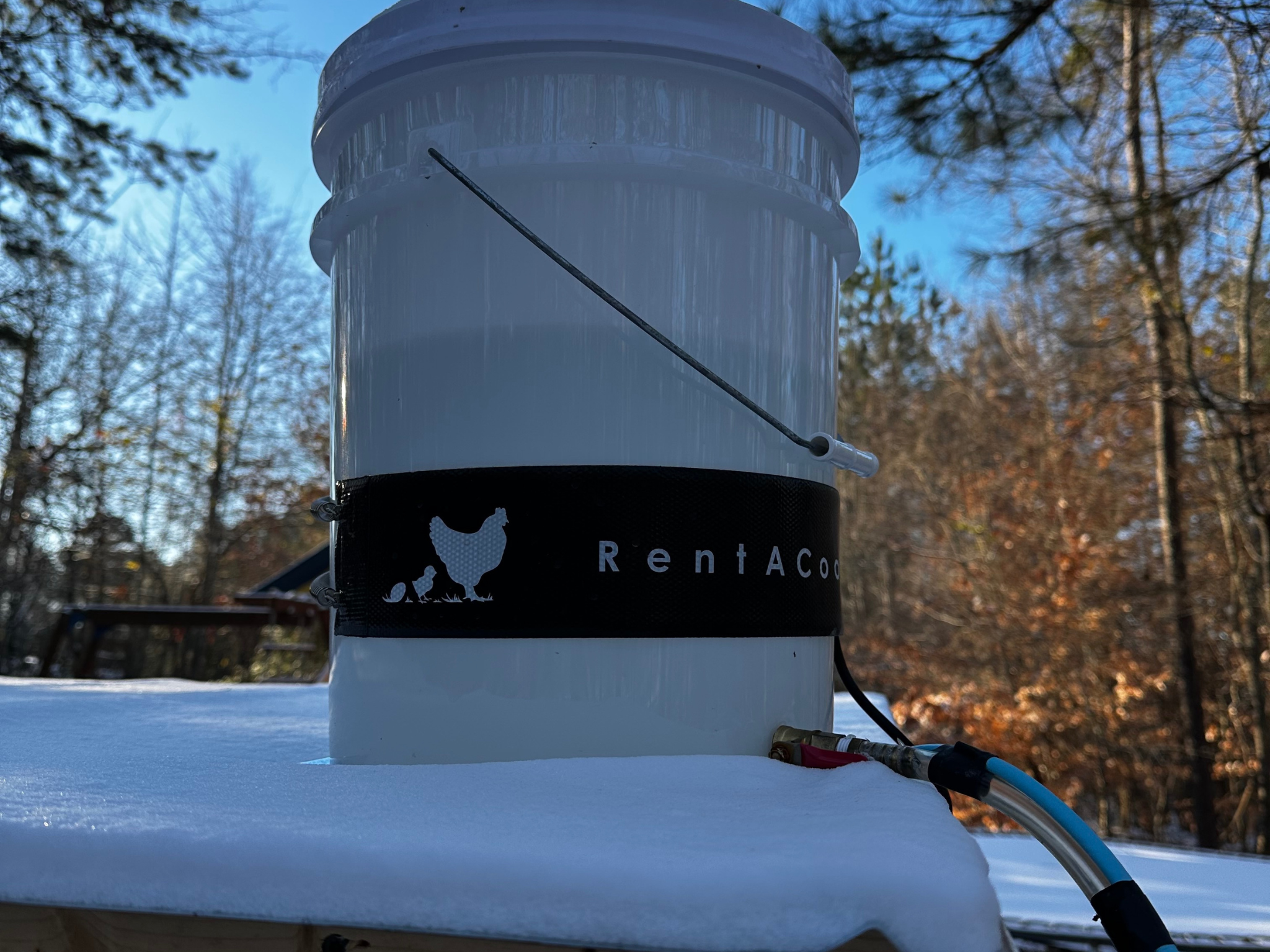Winter Chicken Care: How to Keep Chickens Safe, Warm, and Healthy
Sep 08, 2025
Essential Winter Tips for Keeping Your Chickens Safe, Warm, and Healthy
As the temperatures drop, many backyard chicken keepers wonder: how do you keep chickens safe and healthy in the winter? With the right setup and routine, your flock can thrive even in the coldest months.
Here’s a guide to preparing your chickens for winter weather — from feed and water to frostbite prevention and predator safety.
1. Switch Up Chicken Feed for Winter Warmth
During the colder months, chickens need extra calories to generate body heat. Adding scratch grains or cracked corn as an evening treat can give your flock a boost. Corn is especially rich in carbohydrates, helping fuel their metabolism and keep them cozy overnight.
🐓 Tip: Don’t replace a balanced layer feed completely — think of scratch as a supplement, not the main course.
2. Ferment Feed for Better Immunity and Hydration
Fermented feed is a simple way to support gut health, improve immunity, and even boost hydration during cold weather.
To ferment feed:
-
Place grains in a container
-
Cover with water
-
Stir daily and keep submerged
-
Let sit for 3–7 days
The natural probiotics from fermentation improve digestion and help keep your flock strong through winter.
3. Prevent Frozen Water with a Coop Heater
Frozen water is one of the biggest winter headaches for chicken keepers. Instead of constantly breaking ice, consider using a small water heater or heated base under your waterer.

At our farm, we use a DIY water bucket with nipple-style ports, paired with a small bucket belt heater from Rent A Coop in the coop and with our quail hutch. With power running to the setup, frozen water isn’t a worry anymore and the flock stays hydrated all season.
4. Combat Frostbite with Proper Ventilation
Cold alone doesn’t cause frostbite — moisture does. Chickens release a lot of humidity through droppings and breathing, which can build up inside the coop.
To reduce risk:
-
Keep bedding clean and dry
-
Ensure proper ventilation (without drafts)
-
Use petroleum jelly on combs/wattles of larger breeds
If frostbite appears, gently warm affected areas with lukewarm water or warm compresses.
5. Egg Production and Daylight Hours
Shorter days, not colder temps, are what cause egg production to slow in winter. Chickens need about 14–16 hours of light to keep laying regularly.
Many keepers add artificial light to extend daylight in the coop. Personally, we allow our flock to take their natural winter break, but both approaches are options depending on your goals.
6. Stay Alert for Winter Predators
When food sources are scarce, predators get bolder. Raccoons, foxes, and hawks often target backyard flocks during winter.
Keep your coop secure by using:
-
Carabiner clips on latches
-
Double-barrel bolts on nest boxes
-
Predator aprons to stop digging
At Cotton River Farm, we also use cameras to monitor predator activity and respond quickly when needed.
Final Thoughts
Winter doesn’t have to be stressful for you or your chickens. By adjusting feed, preventing frozen water, improving ventilation, and keeping predators at bay, you can keep your flock healthy and productive all season long.
If you're looking for how to winterize our hoop coop you can check out that video here: https://geni.us/KvhQ4Tz
**This post may contain affiliate links. If you purchase through these links, I may earn a small commission at no additional cost to you. Thank you for supporting Cotton River Farm!**

